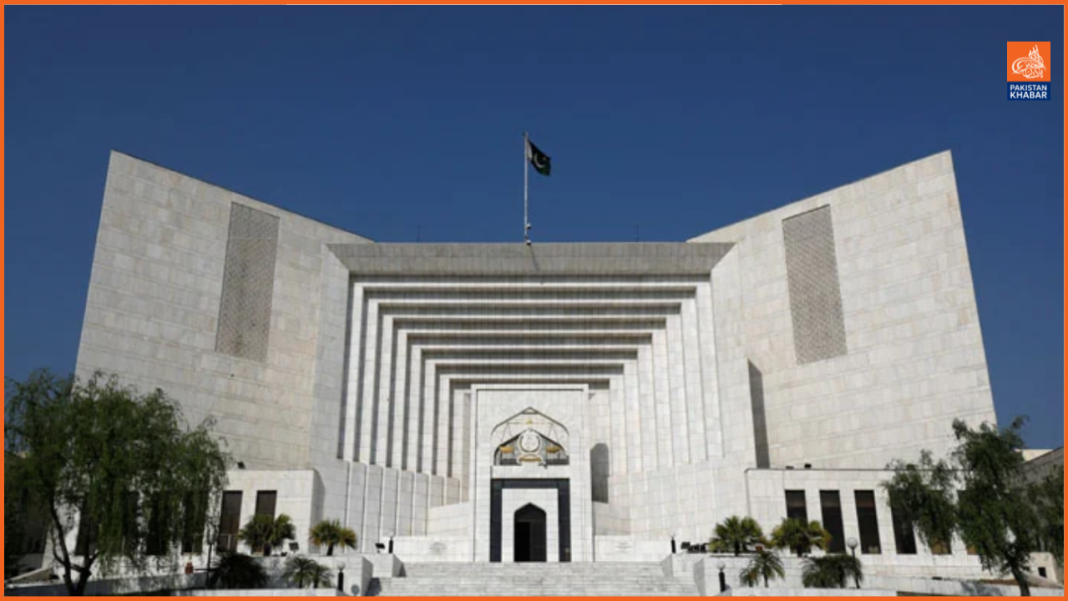The detailed judgment regarding the reserved seats case has reignited discussions about the Supreme Court’s authority to administer “complete justice” by invoking Article 187, typically applied in cases under Article 184 or in suo motu jurisdiction.
According to the Vice Chairman of the Pakistan Bar Council, using appellate jurisdiction in conjunction with suo motu powers sets a “novel precedent based on the popular will of the people.”
However, the majority judgment, written by Justice Mansoor Ali Shah, explained why the court invoked the constitutional provision for complete justice under Article 187. It stated, “In exercising its appellate jurisdiction under Article 185 of the Constitution, this court cannot go beyond the pleadings. We believe this contention is misconceived and arises from a misunderstanding of treating election disputes as mere civil disputes between two private parties, similar to other civil matters.”
Farooq H. Naek, Vice Chairman of the Pakistan Bar Council, noted that the Supreme Court typically exercises Article 187 powers in suo motu cases to ensure “complete justice.” However, he criticized the Supreme Court for allegedly overriding Article 4, which grants individuals the right to be treated according to the law. He pointed out that independent candidates had voluntarily joined the Sunni Ittehad Council (SIC) under Article 63, yet the apex court changed their party affiliations without hearing them, invoking Article 187 in the process.
He asserted, “This judgment was delivered under Article 187 to provide complete justice, but unfortunately, it does not align with the doctrine of complete justice.”
The seasoned lawyer emphasized that courts are legally obligated to ensure justice within the bounds of law and the Constitution, rather than based on public perception or will.
The judgment clarified that the court could invoke Article 187(1) to achieve complete justice in any case lacking a specific legal provision addressing the matter at hand.
Legal expert Raja Inam Ameen Minhas argued that the judgment also addressed issues not part of the SIC appeal. He contended that if the bench intended to extend its jurisdiction, it should have notified the concerned parties. He described this judgment as setting a new precedent by granting relief to a political party whose application for inclusion was pending before the apex court.
The judgment highlighted that “the need to first accept PTI’s application and then grant relief is of little importance compared to the court’s main duty, which is to protect the voting rights of the electorate as guaranteed by Articles 17(2) and 19 of the Constitution. This obligation takes precedence over the rights of any political party, be it SIC, PTI, or others.”
Former Deputy Attorney General Raja Khalid Mehmood Khan labeled this a populist decision, stating that the apex court could have chosen to dismiss, accept, or partially allow an appeal under Article 185 of the Constitution.
Conversely, Advocate Mohammad Akram Sheikh noted that while exercising Article 185, the Supreme Court retains its powers under Articles 184 and 187. He concurred with the court’s observations that the reserved seats case was not a “routine civil suit,” but rather a matter of public significance.




